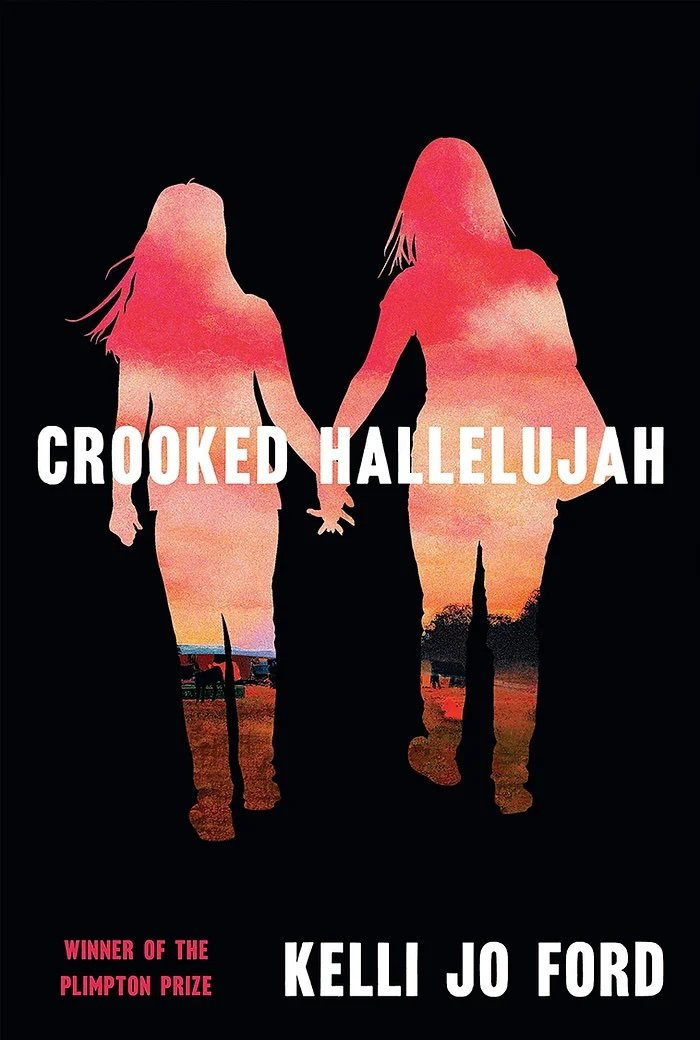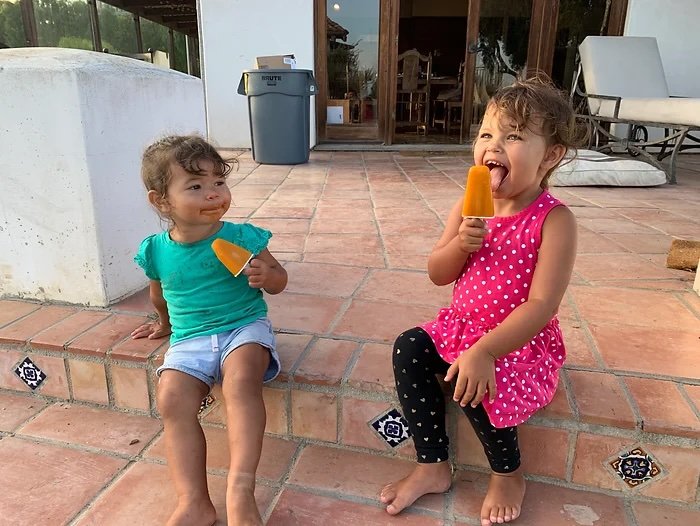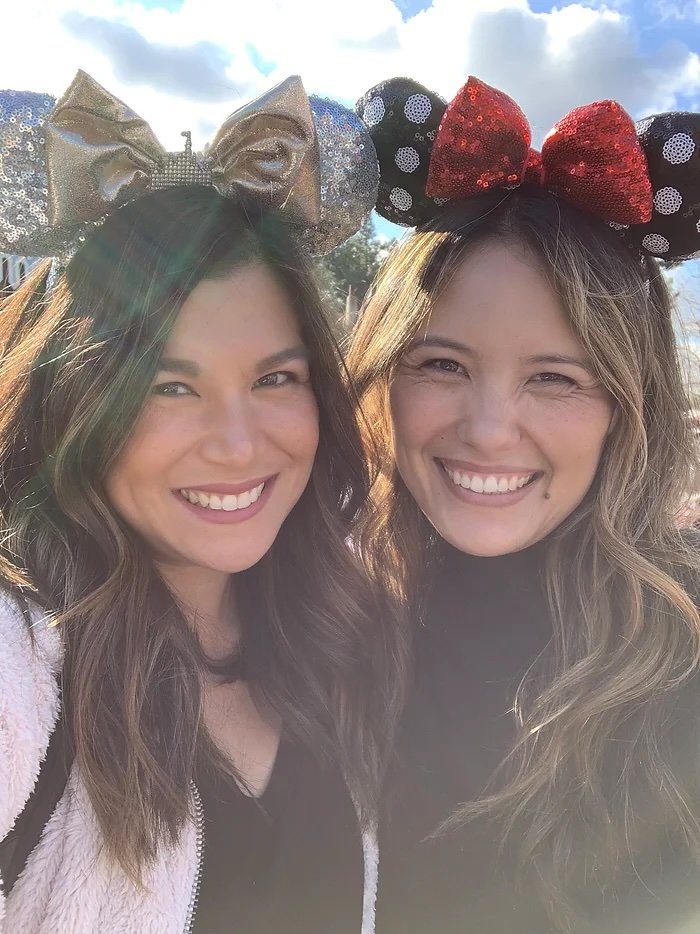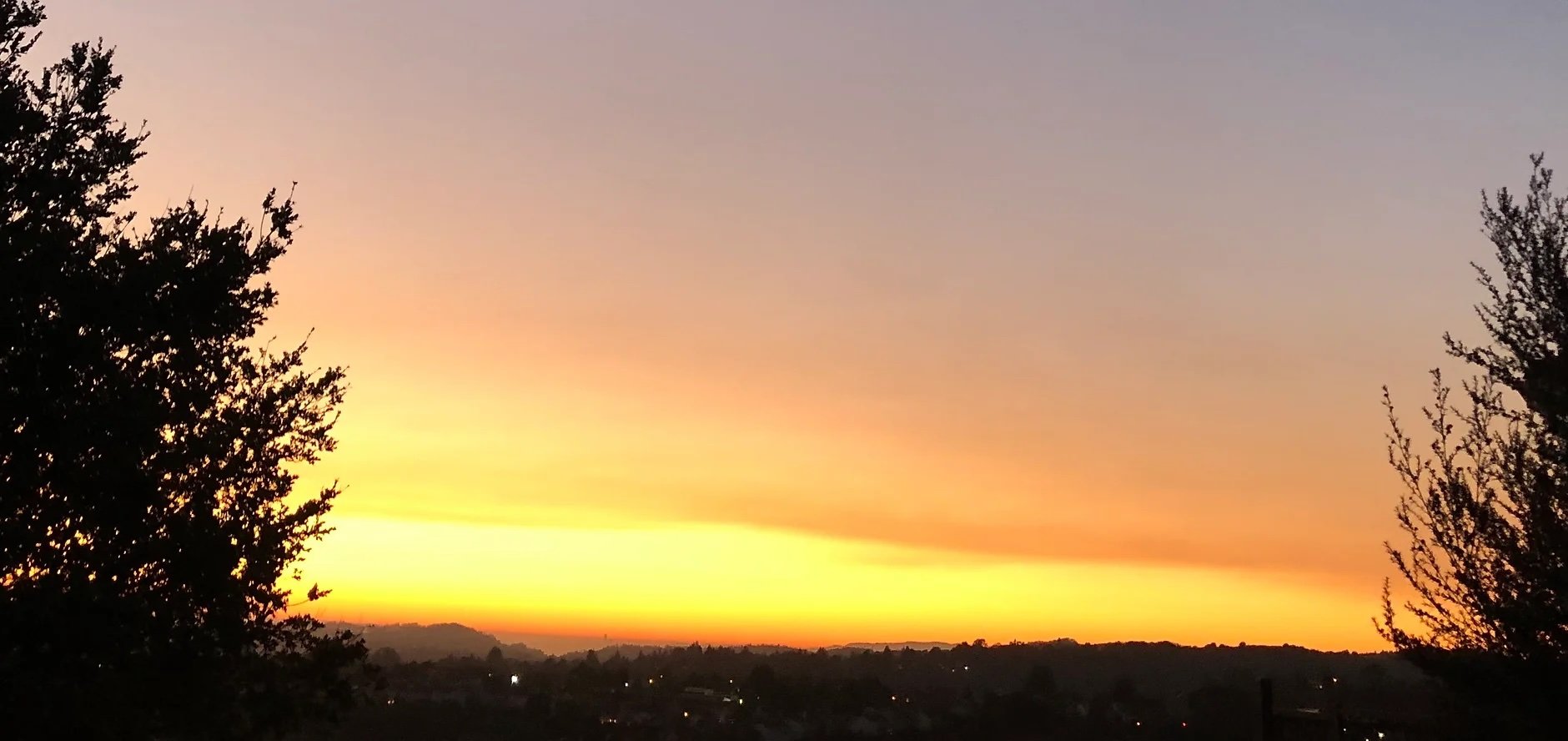Free Enlightenment - Literally and Spiritually
Kelli Jo Ford's first novel, Crooked Hallelujah, is about lives so startlingly different from mine that it reminded me how important fiction can be for developing empathy. A book's ability to transport us into another person's world is magical. Reading - losing ourselves in others' lives - makes us better people. Watching characters, whether on film or in real life, won't reveal their thoughts. Reading does.
Crooked Hallelujah is a feel-bad/feel-sad read. Kelli, a citizen of the Cherokee Nation of Oklahoma, writes about three generations of Cherokee women - Lulu, her daughter Justine and her granddaughter Reney are all badasses. But they're oppressed. Oppressed by their gender. Oppressed by their ethnicity. Oppressed by their geography. And oppressed by the below-average, awful men who inhabit their lives.
What hurt the most was realizing how little control over their fate Lulu, Justine and Reney have. All were fathered by a despicable man at the wrong time in the wrong place. From conception, their lives were destined to be difficult.
Yet their non sugar-coated outlook is refreshing and oddly inspiring. The passage I can't shake is when Reney tells her mom (Justine) to be patient with her mourning step-dad whose father recently passed.
"Reney says it hasn't been very long, and I need to let him work through it, that he's depressed. To that I say, who the fuck ain't?"
Yeah, especially today, who the fuck ain't? If you aren't at least a little depressed in 2020, you might need to evaluate where you sit on the empathy (and reality) spectrum.
Granddaughters
Daughters
As a father of two daughters and the grandfather of two granddaughters, I could hardly bear to turn the pages. I felt for Lulu, Justine and Reney so deeply.
I wanted to drive to the Oklahoma/Texas border and rescue them. Not that they would have let me. Despite the universal depression, they still had their kefi moments.
* kefi (Greek) finding joy, especially in trying times and difficult circumstances
Reney, reminiscing with Justine, says,
"Remember our sunsets, I say. Remember how we'd pack an ice chest and go up to the hill and watch the sun go down? How it'd stretch for miles, lighting up the sky blood orange and blue and everything in between? Mother looks out the window, and I imagine she smiles."
Sometimes we forget, don't we? That no matter where we are, no matter how wretched our conditions, we can forget our troubles (at least for a moment) by simply looking up.
In the words of Jonathan Tucker (as Jay Kulina in Kingdom), urging his brother Nate to get outside and stop staring at a screen,
"Nature - God's video game."




